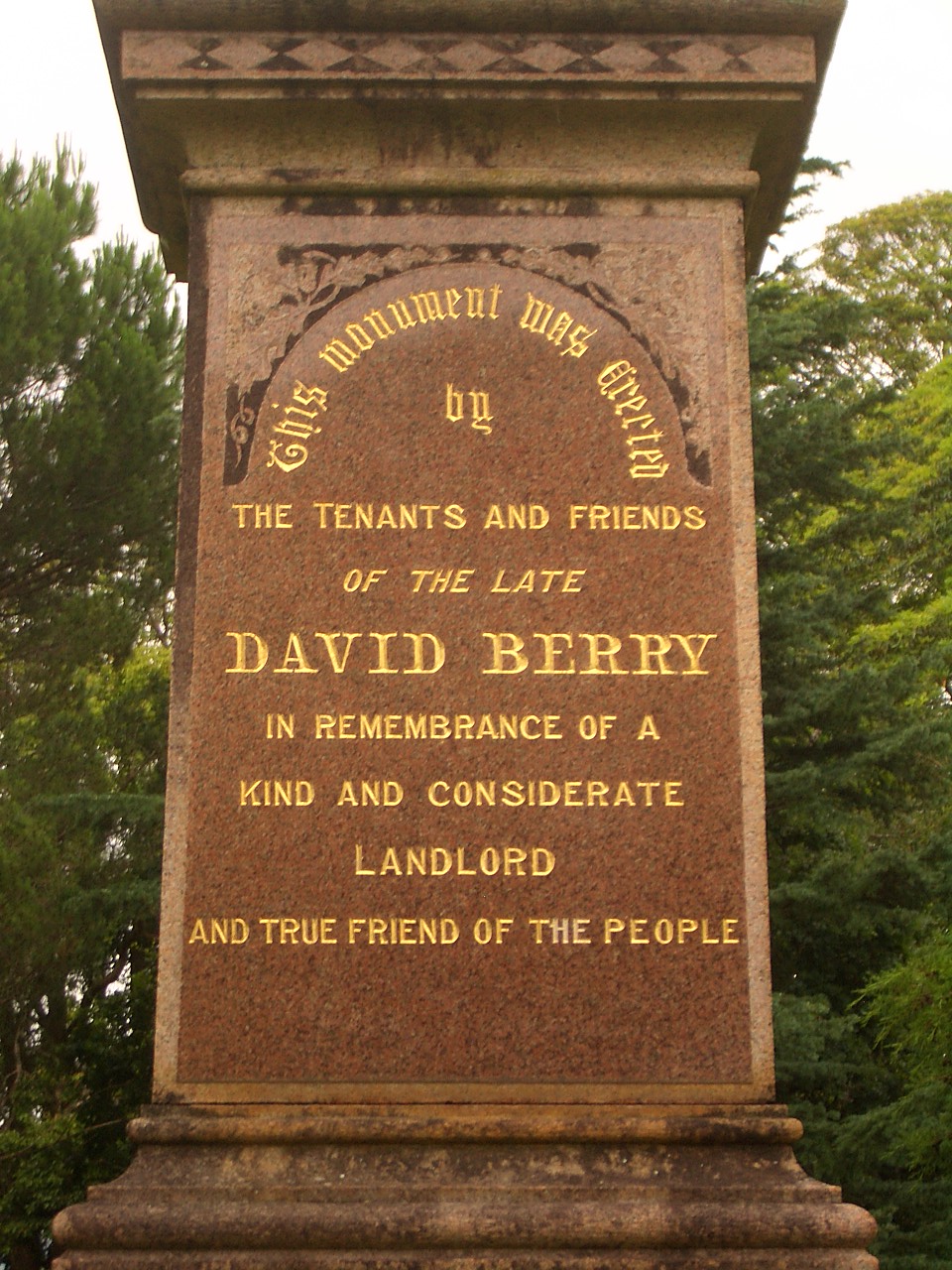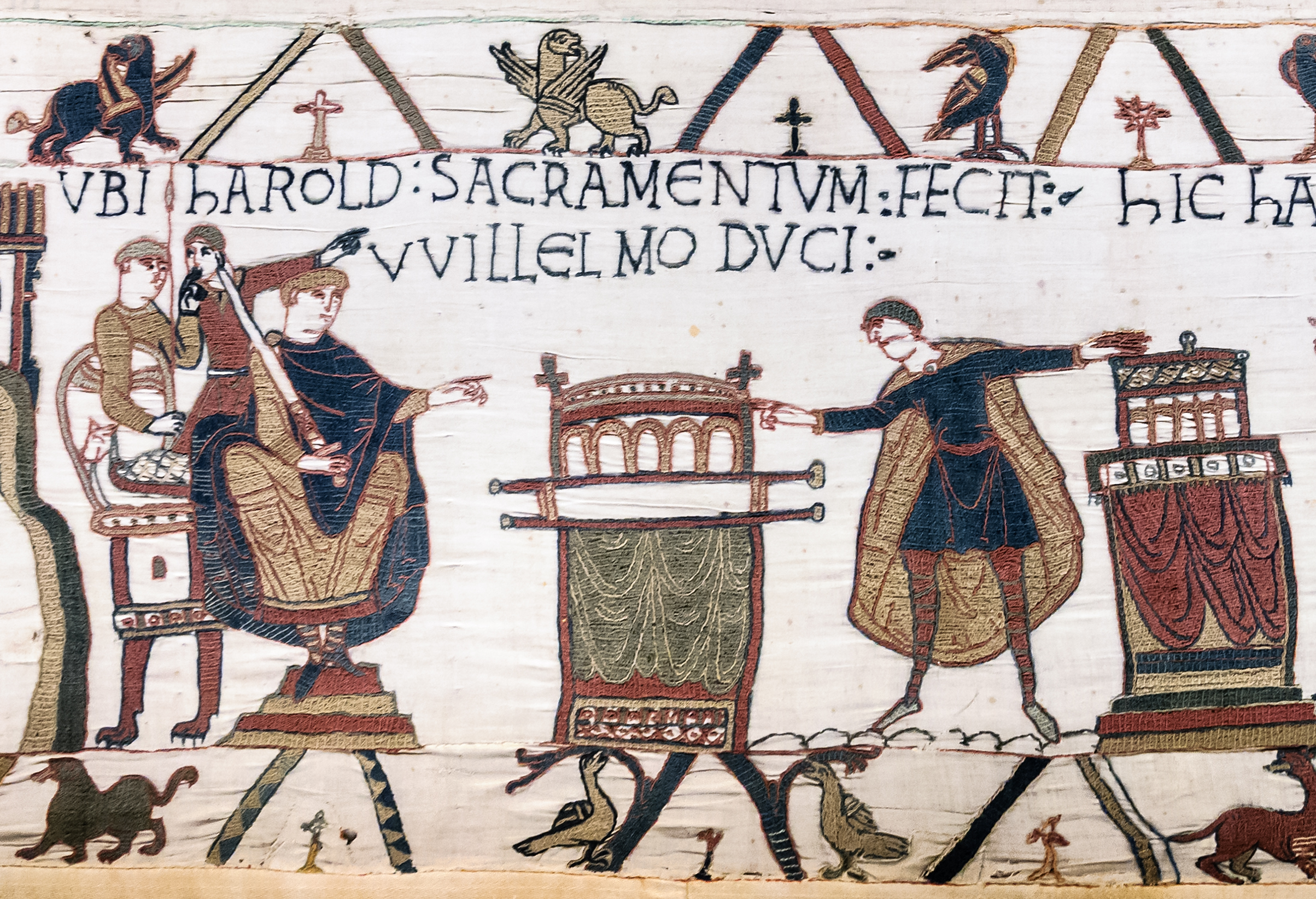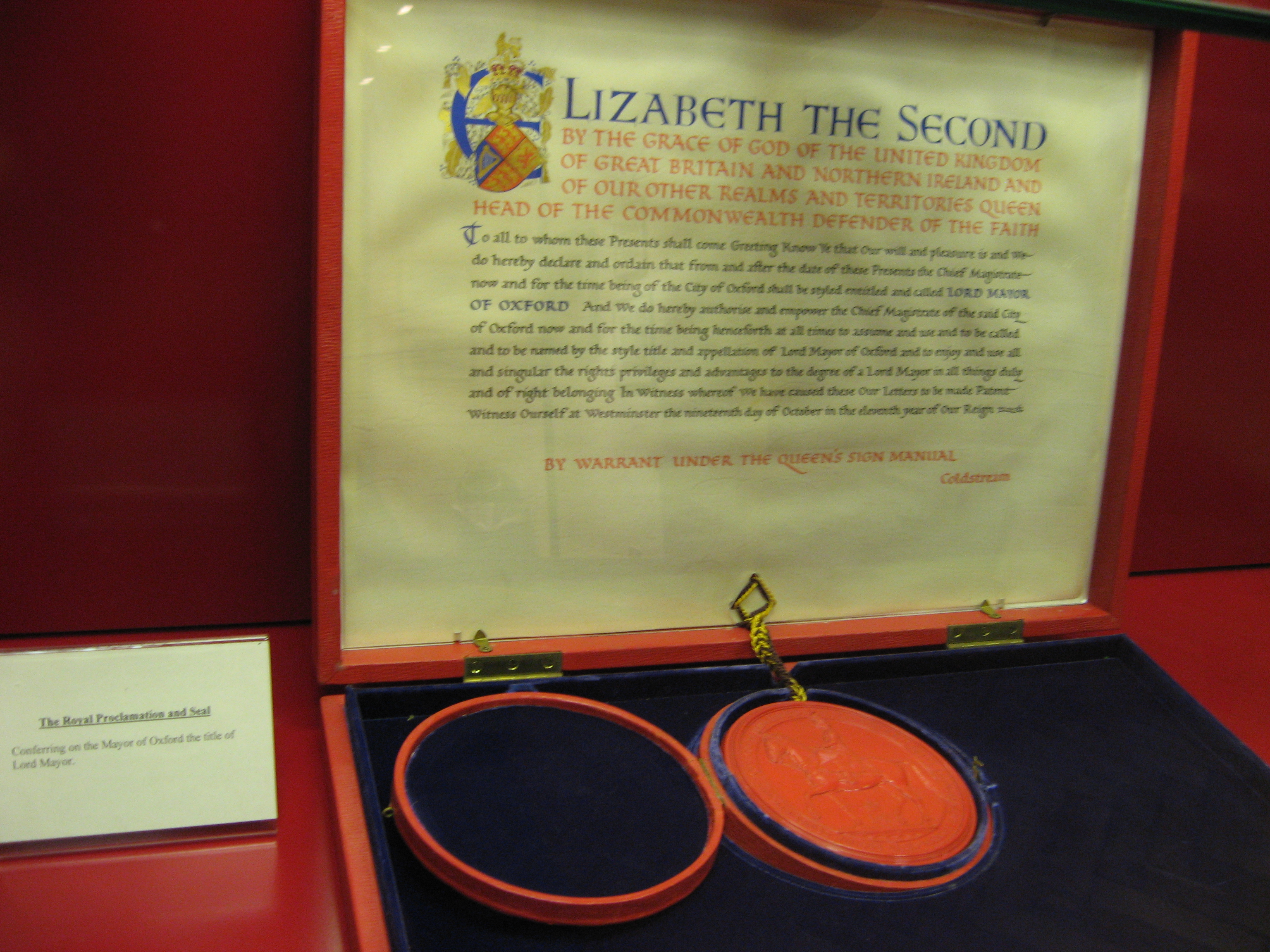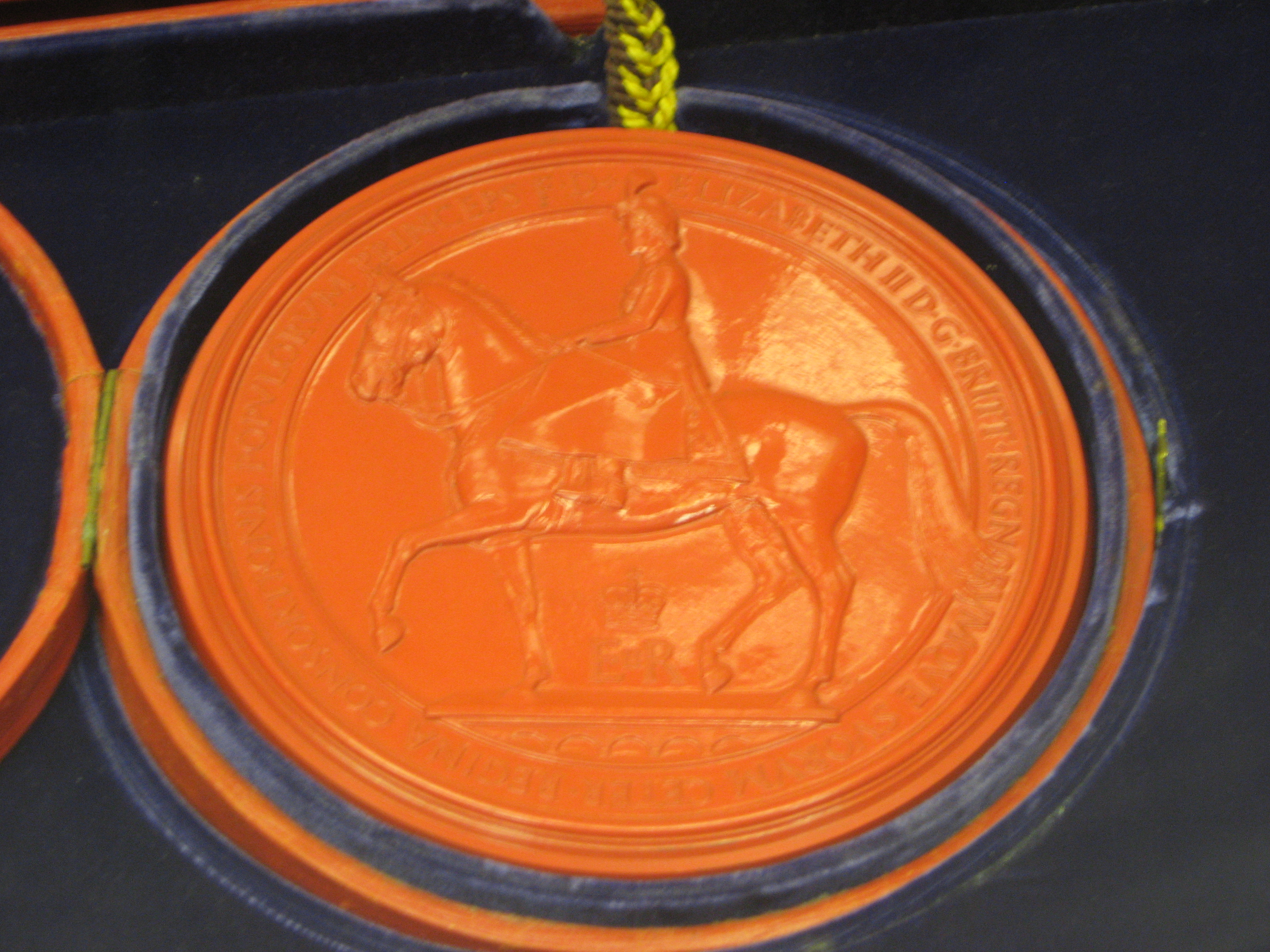|
Lord
Lord is an appellation for a person or deity who has authority, control, or power (social and political), power over others, acting as a master, chief, or ruler. The appellation can also denote certain persons who hold a title of the Peerage of the United Kingdom, peerage in the United Kingdom, or are entitled to courtesy titles. The collective "Lords" can refer to a group or body of Peerages in the United Kingdom, peers. Etymology According to the ''Oxford Dictionary of English'', the etymology of the word can be traced back to the Old English language, Old English word ''hlāford'' which originated from ''hlāfweard'' meaning "loaf-ward" or "bread-keeper", reflecting the Germanic tribes, Germanic tribal custom of a Germanic chieftain, chieftain providing food for his followers. The appellation "lord" is primarily applied to men, while for women the appellation "lady" is used. This is no longer universal: the Lord of Mann, a title previously held by Elizabeth II, the Queen o ... [...More Info...] [...Related Items...] OR: [Wikipedia] [Google] [Baidu] |
Landlord
A landlord is the owner of property such as a house, apartment, condominium, land, or real estate that is rented or leased to an individual or business, known as a tenant (also called a ''lessee'' or ''renter''). The term landlord applies when a juristic person occupies this position. Alternative terms include lessor and owner. For female property owners, the term landlady may be used. In the United Kingdom, the manager of a pub, officially a licensed victualler, is also referred to as the landlord/landlady. In political economy, landlord specifically refers to someone who owns natural resources (such as land, excluding buildings) from which they derive economic rent, a form of passive income. History The concept of a landlord can be traced to the feudal system of manoralism ( seignorialism), where landed estates were owned by Lords of the Manor ( mesne lords). These lords were typically members of the lower nobility who later formed the rank of knights during ... [...More Info...] [...Related Items...] OR: [Wikipedia] [Google] [Baidu] |
Lord Of The Manor
Lord of the manor is a title that, in Anglo-Saxon England and Norman England, referred to the landholder of a historical rural estate. The titles date to the English Feudalism, feudal (specifically English feudal barony, baronial) system. The lord enjoyed Manorialism, manorial rights (the rights to establish and occupy a residence, known as the manor house and demesne) as well as seignory, the right to grant or draw benefit from the estate (for example, as a landlord). The title is not a peerage or title of upper nobility (although the holder could also be a peer) but was a relationship to land and how it could be used and those living on the land (tenants) may be deployed, and the broad estate and its inhabitants administered. The title continues in modern England and Wales as a legally recognised form of property that can be held independently of its historical rights. It may belong entirely to one person or be a moiety title, moiety shared with other people. The title is know ... [...More Info...] [...Related Items...] OR: [Wikipedia] [Google] [Baidu] |
Feudalism
Feudalism, also known as the feudal system, was a combination of legal, economic, military, cultural, and political customs that flourished in Middle Ages, medieval Europe from the 9th to 15th centuries. Broadly defined, it was a way of structuring society around relationships derived from the holding of land in exchange for service or labour. The classic definition, by François Louis Ganshof (1944),François Louis Ganshof (1944). ''Qu'est-ce que la féodalité''. Translated into English by Philip Grierson as ''Feudalism'', with a foreword by F. M. Stenton, 1st ed.: New York and London, 1952; 2nd ed: 1961; 3rd ed.: 1976. describes a set of reciprocal legal and Medieval warfare, military obligations of the warrior nobility and revolved around the key concepts of lords, vassals, and fiefs. A broader definition, as described by Marc Bloch (1939), includes not only the obligations of the warrior nobility but the obligations of all three estates of the realm: the nobility, the cl ... [...More Info...] [...Related Items...] OR: [Wikipedia] [Google] [Baidu] |
Overlord
An overlord in the English feudal system was a lord of a manor who had subinfeudated a particular manor, estate or fee, to a tenant. The tenant thenceforth owed to the overlord one of a variety of services, usually military service or serjeanty, depending on which form of tenure (i.e. feudal tenancy contract) the estate was held under. The highest overlord of all, or lord paramount, was the monarch, who due to his ancestor William the Conqueror's personal conquest of the Kingdom of England, ''owned'' by inheritance from him all the land in England under allodial title and had no superior overlord, "holding from God and his sword", although certain monarchs, notably King John (1199–1216) purported to grant the Kingdom of England to Pope Innocent III, who would thus have become overlord to English monarchs. A paramount lord may then be seen to occupy the apex of the feudal pyramid, or the root of the feudal tree, and such allodial title is also termed "radical title" ... [...More Info...] [...Related Items...] OR: [Wikipedia] [Google] [Baidu] |
Manorialism
Manorialism, also known as seigneurialism, the manor system or manorial system, was the method of land ownership (or "Land tenure, tenure") in parts of Europe, notably France and later England, during the Middle Ages. Its defining features included a large, sometimes fortified manor house in which the lord of the manor and his dependants lived and administered a rural estate, and a population of labourers or Serfdom, serfs who worked the surrounding land to support themselves and the lord. These labourers fulfilled their obligations with labour time or in-kind produce at first, and later by cash payment as commercial activity increased. Manorialism was part of the Feudalism, feudal system. Manorialism originated in the Roman villa system of the Late Roman Empire, and was widely practised in Middle Ages, medieval western Europe and parts of central Europe. An essential element of feudal society, manorialism was slowly replaced by the advent of a money-based market economy and new ... [...More Info...] [...Related Items...] OR: [Wikipedia] [Google] [Baidu] |
Mesne Lord
A mesne lord () was a lord in the feudal system who had vassals who held land from him, but who was himself the vassal of a higher lord. Owing to ''Quia Emptores'', the concept of a mesne lordship technically still exists today: the partitioning of the lord of the manor's estate among co-heirs creating the mesne lordships. In an English court of law in 1863 it was claimed that "the lord of the mesne manor pays a rent to a superior lord and that rent empowers him to receive chief rents from certain farms". A mesne lord did not hold land directly of the king, that is to say he was not a tenant-in-chief. His subinfeudated estate was called a "mesne estate" or '' Afterlehen'' in the Holy Roman Empire. Traditionally, he is a lord of the manor who holds land from a superior lord and who usually lets some of the land to a tenant. He was thus an intermediate or "middle" tenant, which status is reflected in the Old French word ''mesne'', in the modern -4; we might wonder whether ther ... [...More Info...] [...Related Items...] OR: [Wikipedia] [Google] [Baidu] |
Lords Mayor
Lord mayor is a title of a mayor of what is usually a major city in a Commonwealth realm, with special recognition bestowed by the sovereign. However, the title or an equivalent is present in other countries, including forms such as "high mayor". Alderman, Aldermen usually elect the lord mayor from their ranks. Commonwealth of Nations Australia In Australia, lord mayor is a special status granted by the Monarchy of Australia, monarch to mayors of major cities, primarily the capitals of Australian states and territories. Australian cities with lord mayors are Lord Mayor of Adelaide, Adelaide, Lord Mayor of Brisbane, Brisbane, List of Mayors and Lord Mayors of Darwin, Darwin, List of Mayors and Lord Mayors of Hobart, Hobart, List of Mayors and Lord Mayors of Melbourne, Melbourne, Lord Mayor of Newcastle (New South Wales), Newcastle, City of Parramatta, Parramatta, Lord Mayor of Perth, Perth, Lord Mayor of Sydney, Sydney, and List of mayors and lord mayors of Wollongong, Wollongon ... [...More Info...] [...Related Items...] OR: [Wikipedia] [Google] [Baidu] |
Peerages In The United Kingdom
A Peerage is a form of crown distinction, with Peerages in the United Kingdom comprising both hereditary and lifetime titled appointments of various ranks, which form both a constituent part of the legislative process and the British honours system within the framework of the Constitution of the United Kingdom. The peerage forms the highest rung of what is termed the "British nobility". The term ''peerage'' can be used both collectively to refer to this entire body of titled nobility (or a subdivision thereof), and individually to refer to a specific title (modern English language-style using an initial capital in the latter case but not the former). British peerage title holders are termed peers of the Realm. "Lord" is used as a generic term to denote members of the peerage, however individuals who use the appellation ''Lord'' or ''Lady'' are not always necessarily peers (for example some judicial, ecclesiastic and others are often accorded the appellation "Lord" or ... [...More Info...] [...Related Items...] OR: [Wikipedia] [Google] [Baidu] |
Liege Lord
Homage (/ˈhɒmɪdʒ/ or ) (from Medieval Latin , lit. "pertaining to a man") in the Middle Ages was the ceremony in which a feudal tenant or vassal pledged reverence and submission to his feudal lord, receiving in exchange the symbolic title to his new position ( investiture). It was a symbolic acknowledgement to the lord that the vassal was, literally, his man (''homme''). The oath known as " fealty" implied lesser obligations than did "homage". Further, one could swear "fealty" to many different overlords with respect to different land holdings, but "homage" could only be performed to a single liege, as one could not be "his man" (i.e., committed to military service) to more than one "liege lord". The ceremony of homage was used in many regions of Europe to symbolically bind two men together. The vassal to-be would go down on their knee and place their palms together as if praying. The lord to-be would place his hands over the hands of the vassal, while the vassal made a sho ... [...More Info...] [...Related Items...] OR: [Wikipedia] [Google] [Baidu] |
Manorial Court
The manorial courts were the lowest courts of law in England during the feudal period. They had a civil jurisdiction limited both in subject matter and geography. They dealt with matters over which the lord of the manor had jurisdiction, primarily torts, local contracts and land tenure, and their powers only extended to those who lived within the lands of the manor: the demesne and such lands as the lord had enfeoffed to others, and to those who held land therein. Historians have divided manorial courts into those that were primarily seignorial – based on feudal responsibilities – and those based on separate delegation of authority from the monarch. There were three types of manorial court: the court of the honour; the court baron; and the court customary, also known as the halmote court. Each manor had its own laws promulgated in a document called the custumal, and anyone in breach of those laws could be tried in a manorial court. The earlier Anglo-Saxon metho ... [...More Info...] [...Related Items...] OR: [Wikipedia] [Google] [Baidu] |







